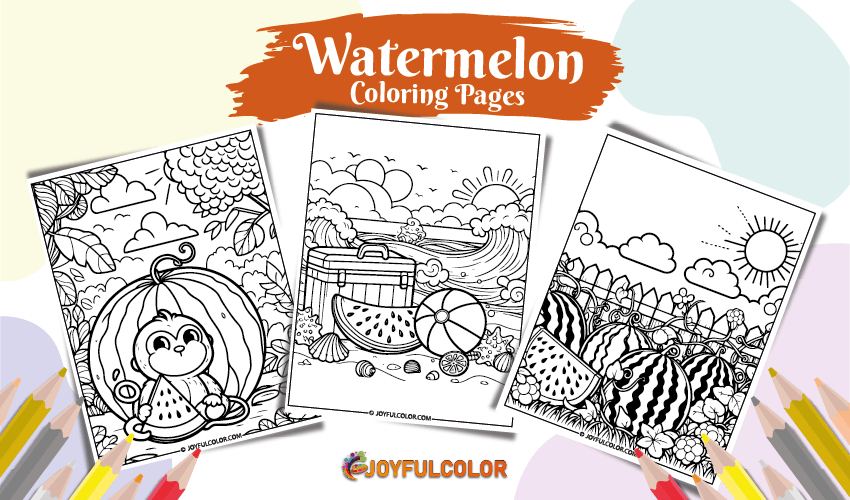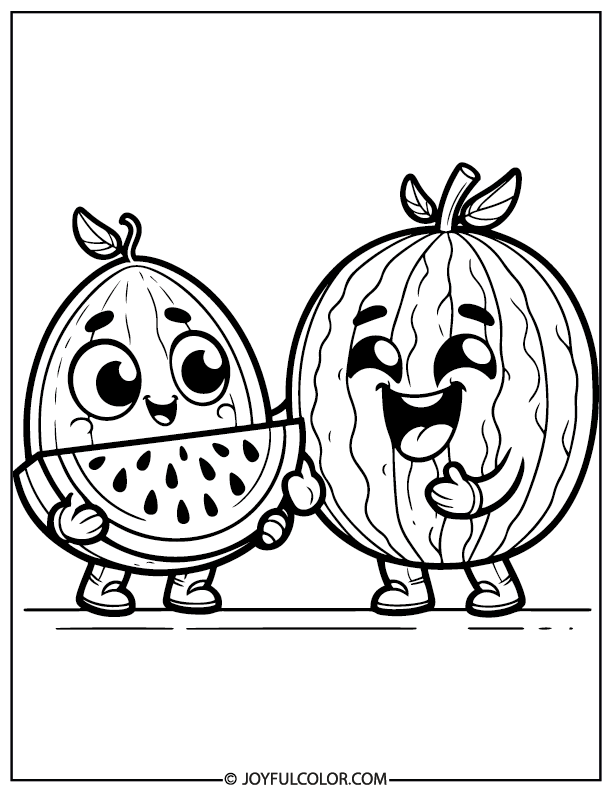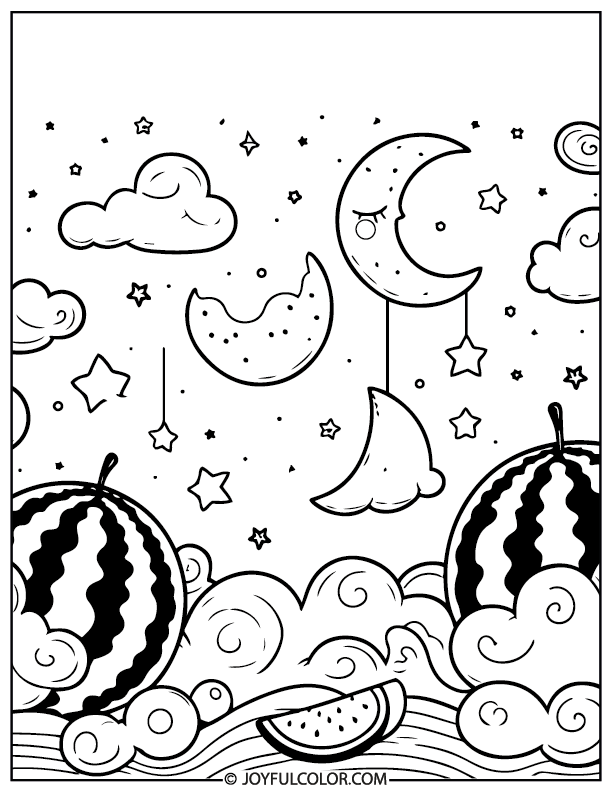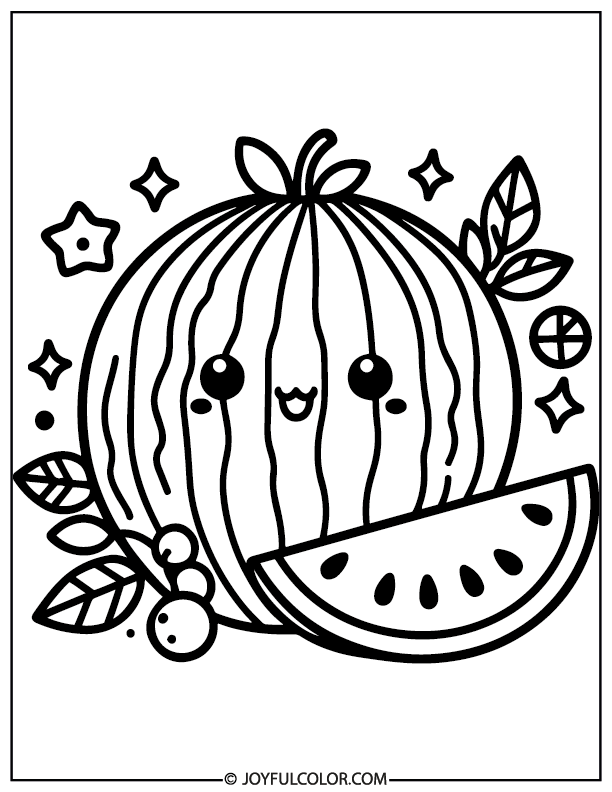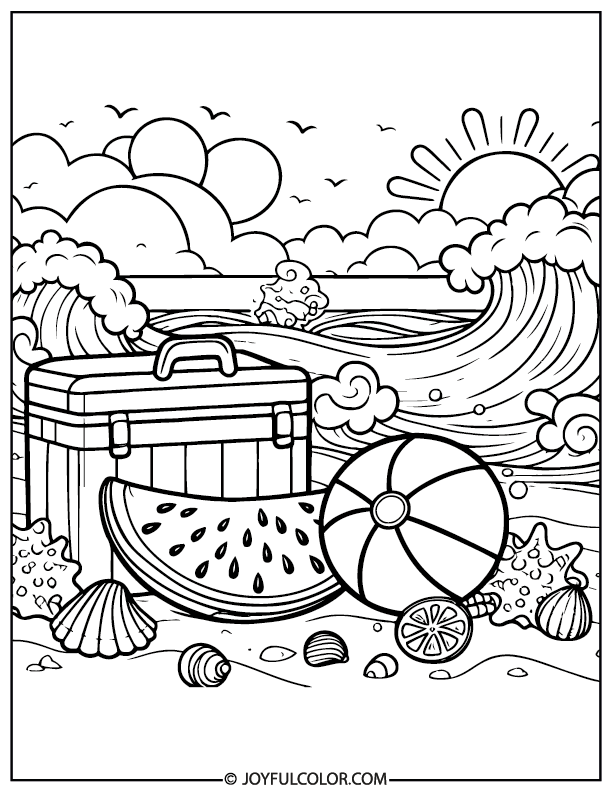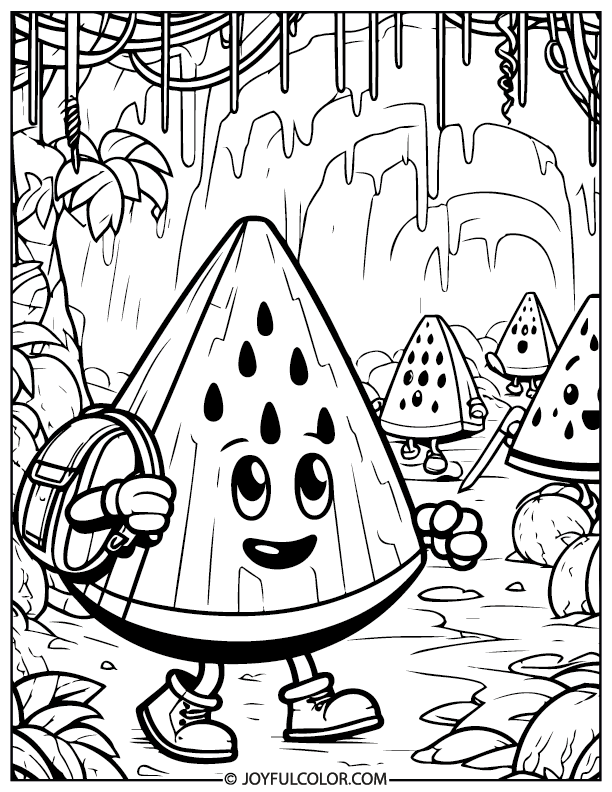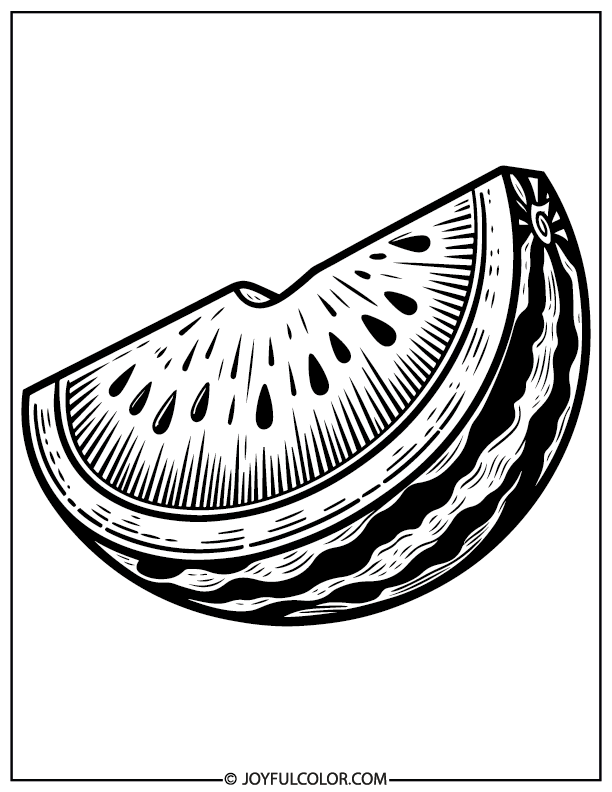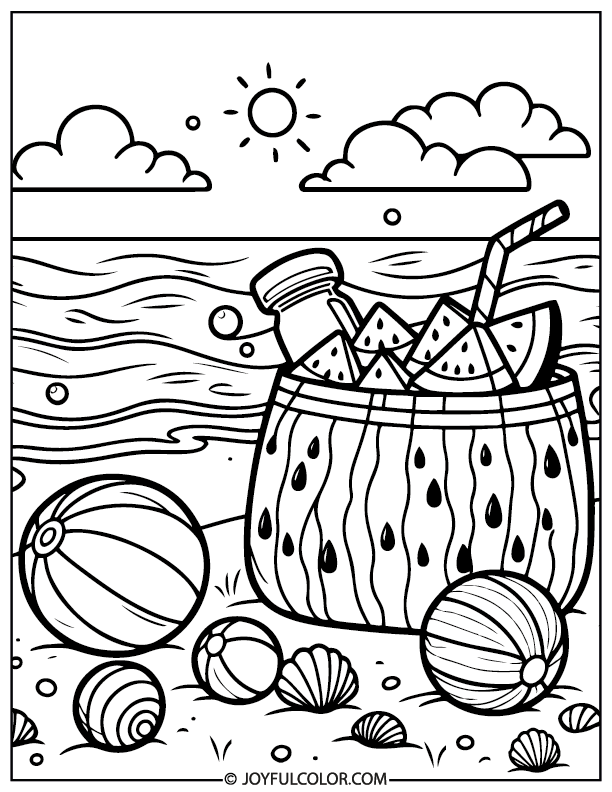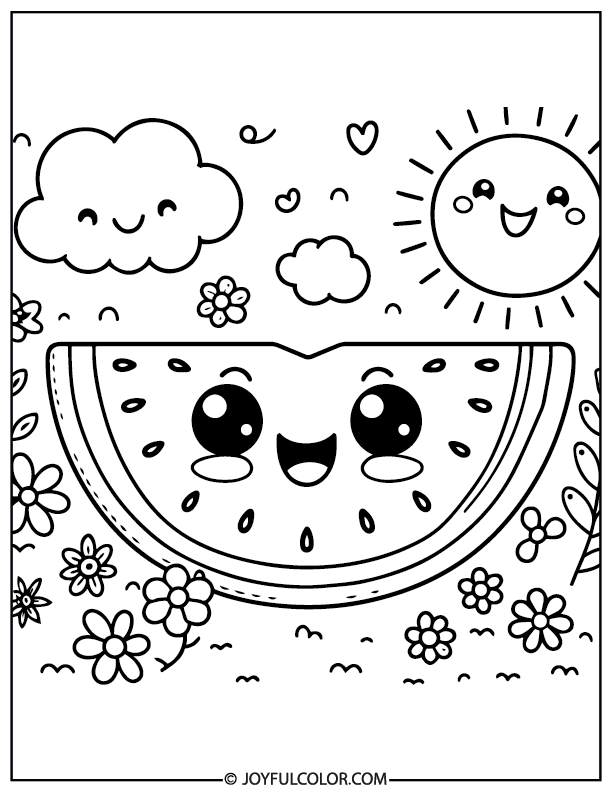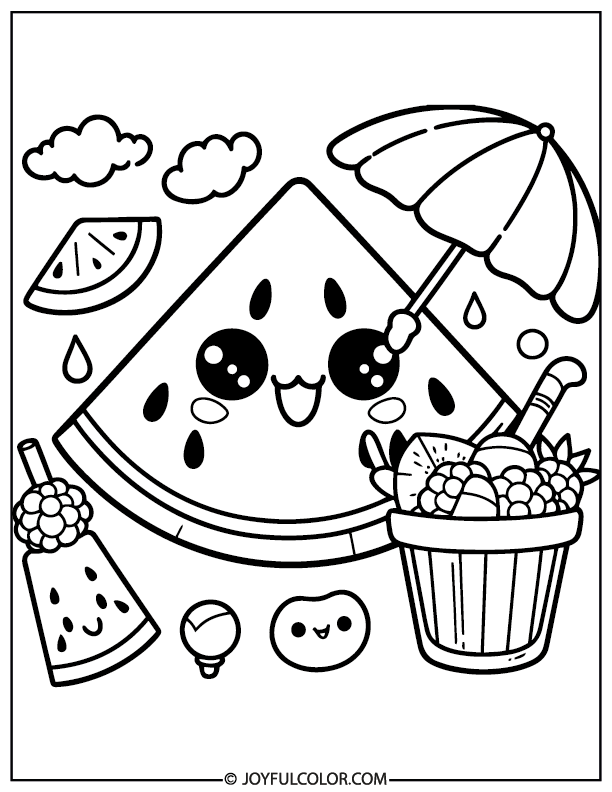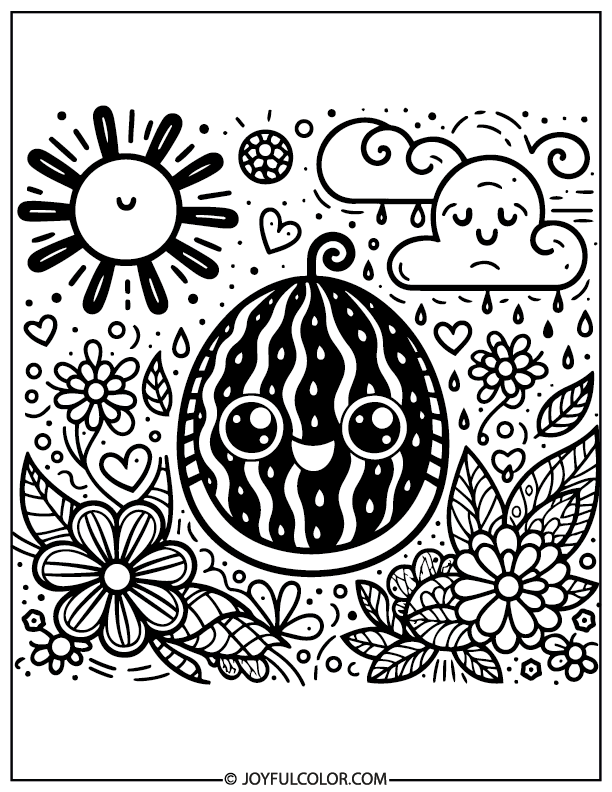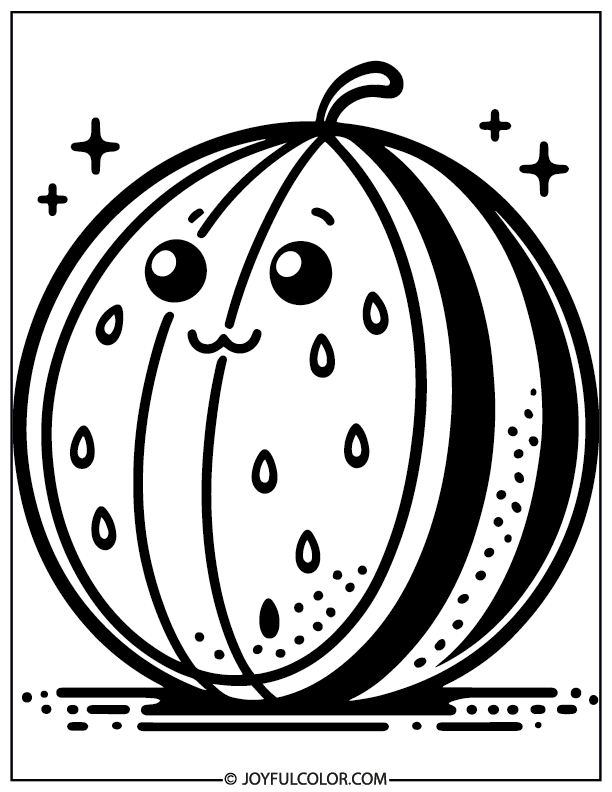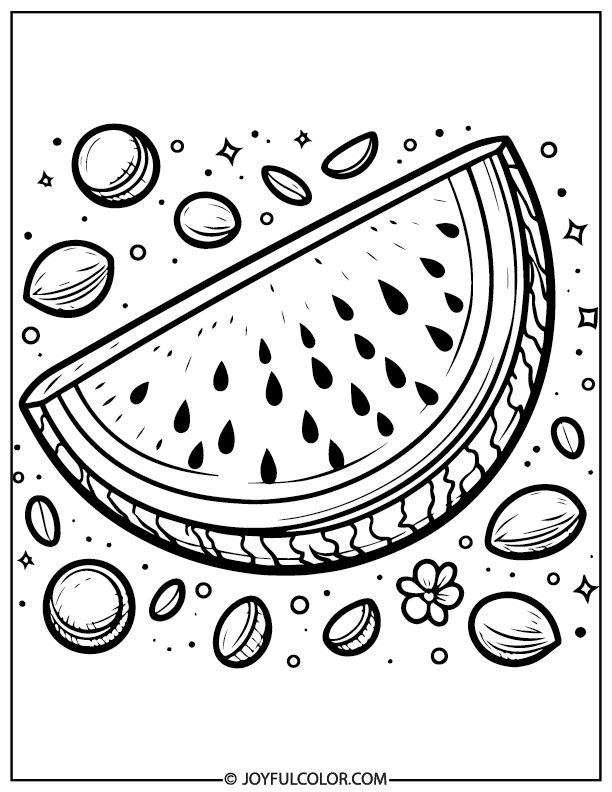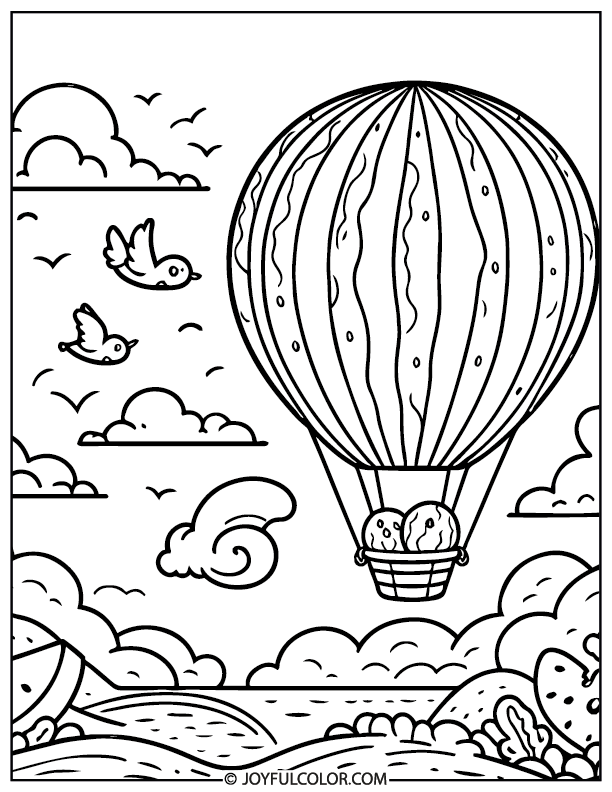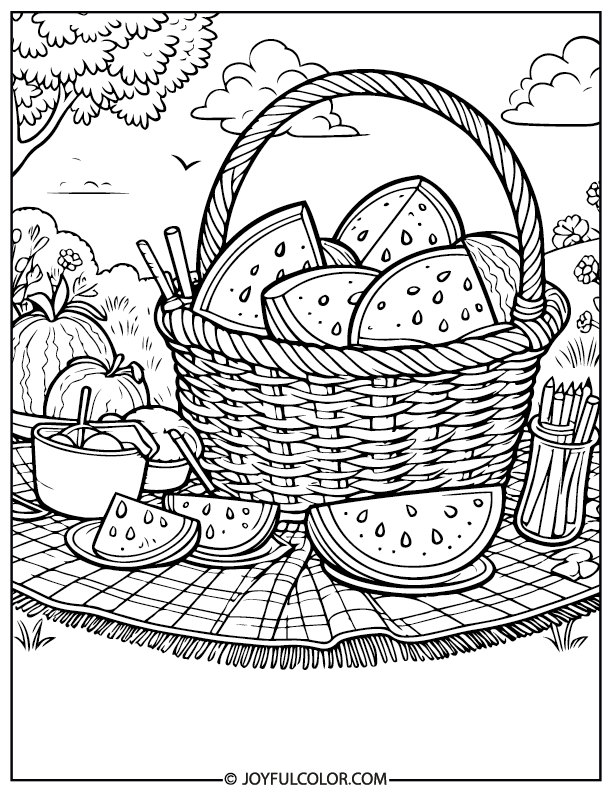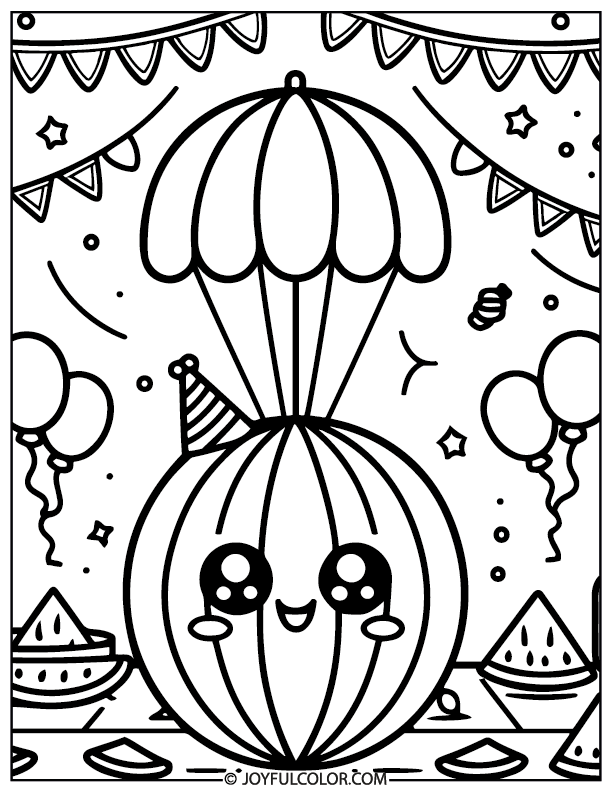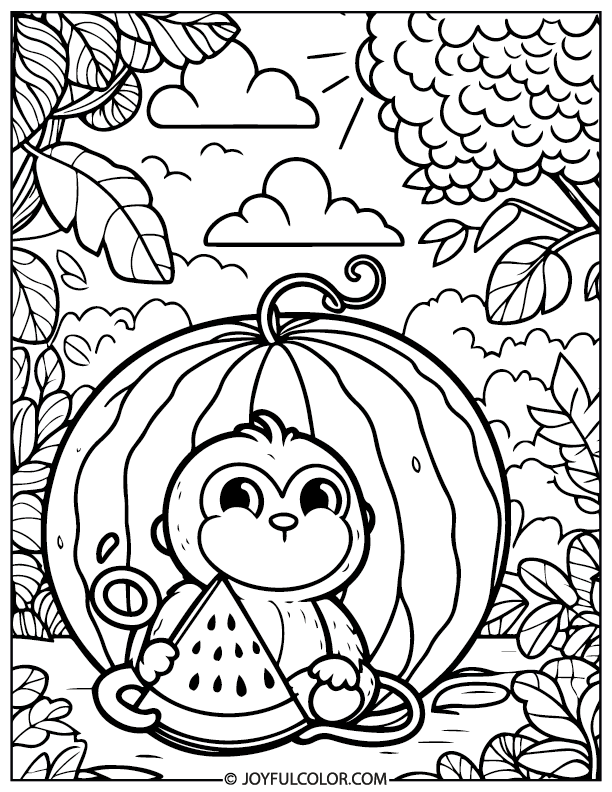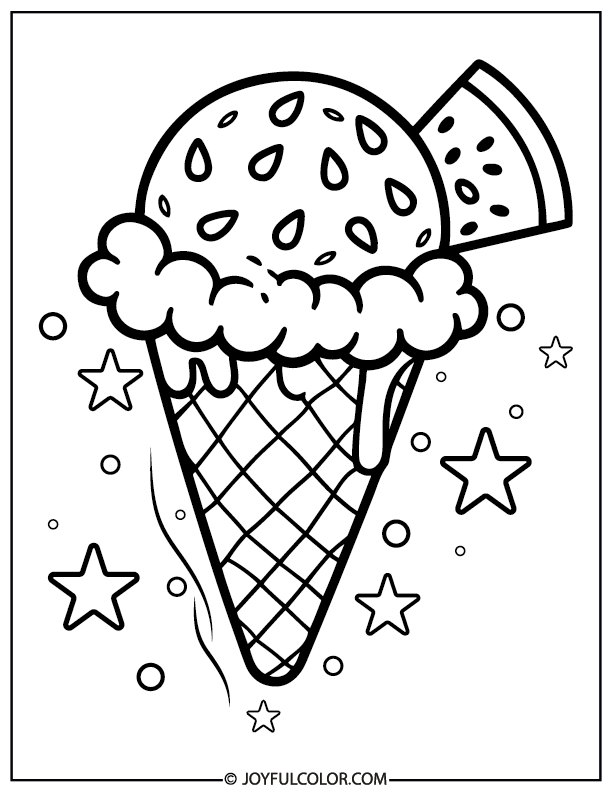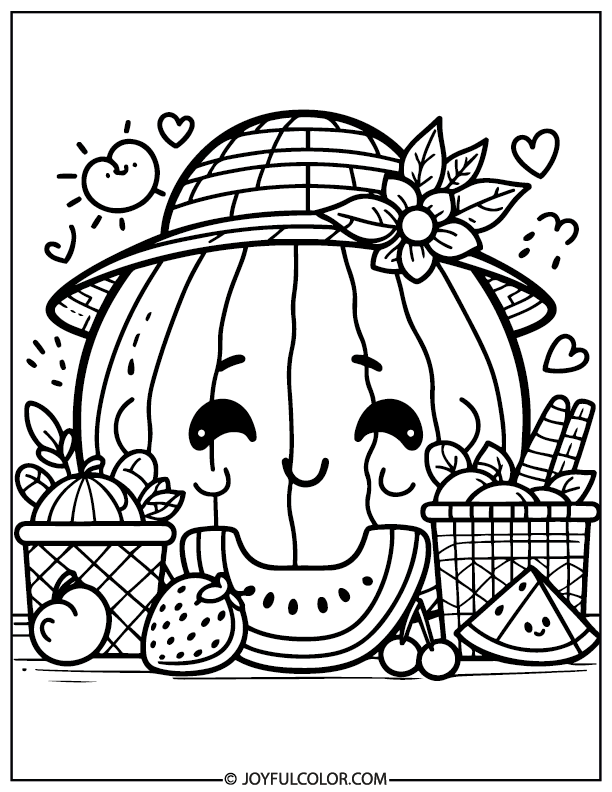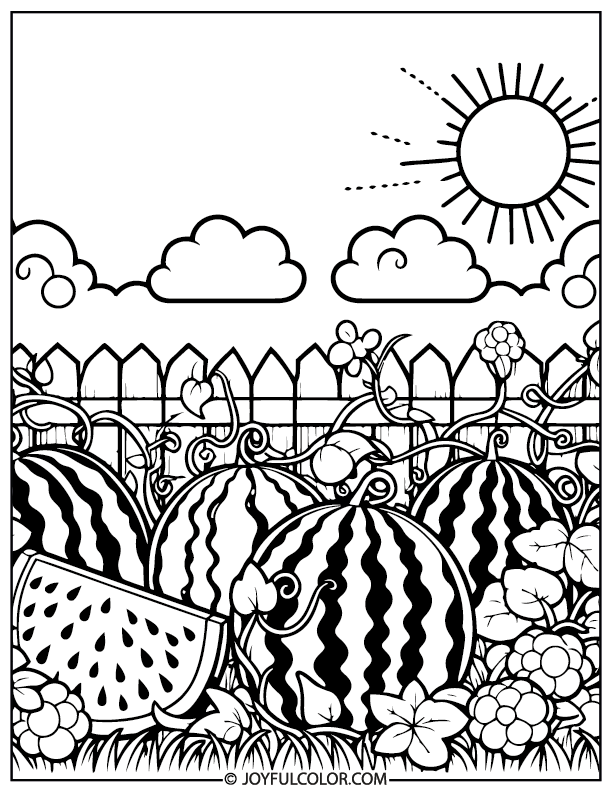20 Watermelon Coloring Page Printable for FREE Download
Ever found yourself searching for the perfect, relaxing activity that combines creativity, simplicity, and fun? Watermelon coloring pages might just be the delightful escape you’re looking for.
Have you ever thought about how a simple act of coloring could transport you to a place of calm and creativity? Let’s explore together how these free downloadable coloring pages can do just that.
20 FREE Printable Watermelon Coloring Pages
Explore our exclusive collection of 20 FREE Printable Watermelon Coloring Pages. Each page is crafted to fit perfectly on standard 8.5×11 inch paper, yet is also compatible with A4 size, ensuring a hassle-free printing experience.
To access these delightful designs, simply click on the image, download the Watermelon Coloring Pages PDF, and let your coloring adventure begin.
Coloring Techniques and Tips
Coloring is an art form that allows for endless creativity and personal expression. To elevate your coloring experience, especially with watermelon coloring pages, here are some techniques and tips that can help bring your artwork to life:
Layer and Blend
Start with light layers of color and gradually build up intensity. Blending different shades can add depth and dimension to your watermelon slices, making them appear more vibrant and realistic.
Experiment with Mediums
Don’t limit yourself to just one type of coloring tool. Experiment with crayons, colored pencils, markers, and even watercolors to achieve unique textures and effects. Each medium can offer a different look and feel to your watermelon coloring pages.
Use the Right Paper
If you’re planning to use wet mediums like watercolors or markers, consider printing your watermelon coloring pages on thicker paper or cardstock to prevent bleeding and ensure a smoother coloring experience.
Add Highlights and Shadows
Pay attention to where the light might naturally hit your watermelon slices and where shadows might form. Adding highlights and shadows can make your coloring pages pop and look more three-dimensional.
Take Breaks
Remember, coloring is supposed to be a relaxing activity. If you find yourself getting frustrated or tired, take a break. Coming back to your coloring page with fresh eyes can make a big difference in both your enjoyment and the quality of your work.
Educational Activities Using Watermelon Coloring Pages
By integrating these colorful pages into learning activities, you can help children explore various subjects in an engaging and interactive way. Here are some educational activities that utilize watermelon coloring pages to promote learning and development:
- Color Theory and Mixing: Use watermelon coloring pages to teach color theory by exploring how different colors mix together. Children can learn about primary, secondary, and tertiary colors as they color the different parts of the watermelon, such as mixing red and white to make pink for the fruit’s flesh.
- Counting and Math Skills: Incorporate simple math problems into the coloring activity. For instance, ask children to color a certain number of watermelon seeds, counting as they go, or use the pages for addition and subtraction exercises by dividing the watermelon into sections.
- Alphabet and Reading: For younger learners, watermelon coloring pages can be a tool to practice the alphabet. Each page can feature a letter, starting with ‘W’ for watermelon, and include other related words like ‘S’ for seeds or ‘R’ for red. This helps with letter recognition and vocabulary building.
- Science and Nature Studies: Discuss the life cycle of a watermelon plant as part of a science lesson. Children can color pages depicting each stage, from seed to sprout, to flower, and finally, to fruit. This activity can be extended to include discussions on plant biology, photosynthesis, and the importance of bees in pollination.
- Geography and Cultures: Use the theme of watermelons to explore geography and different cultures around the world. Children can color watermelon pages while learning about countries where watermelons are grown, comparing climates, and discussing how food plays a part in cultural traditions.
- Fine Motor Skills Development: Coloring helps children develop their fine motor skills, improving hand-eye coordination and precision. Encourage children to color within the lines, use different strokes, and experiment with coloring techniques to strengthen these skills.
- Emotional Expression and Mindfulness: Finally, watermelon coloring pages can be used as a form of emotional expression and mindfulness. Discuss the feelings that different colors can evoke, and allow children to choose colors based on their emotions. Coloring can also be a calming activity, helping children relax and focus on the present moment.
Conclusion
In wrapping up, our journey through the world of watermelon coloring pages reveals not just an avenue for creative expression, but also a multifaceted tool for learning and development.
As we’ve seen, coloring transcends age and skill level, serving as a bridge between leisure and learning, creativity and relaxation. By incorporating these coloring pages into your routine, you’re not just filling in spaces with color; you’re unlocking a world of potential for growth, mindfulness, and joy.
Have you ever used coloring as a way to learn something new or relax after a long day? We’d love to hear about your experiences and any favorite moments you’ve had while coloring. Feel free to share your stories in the comments below.

